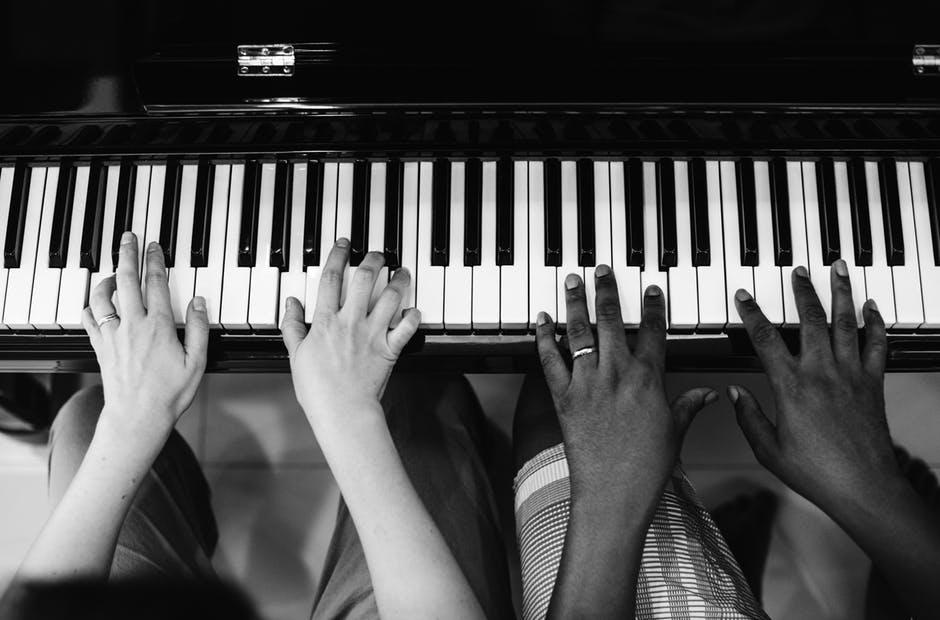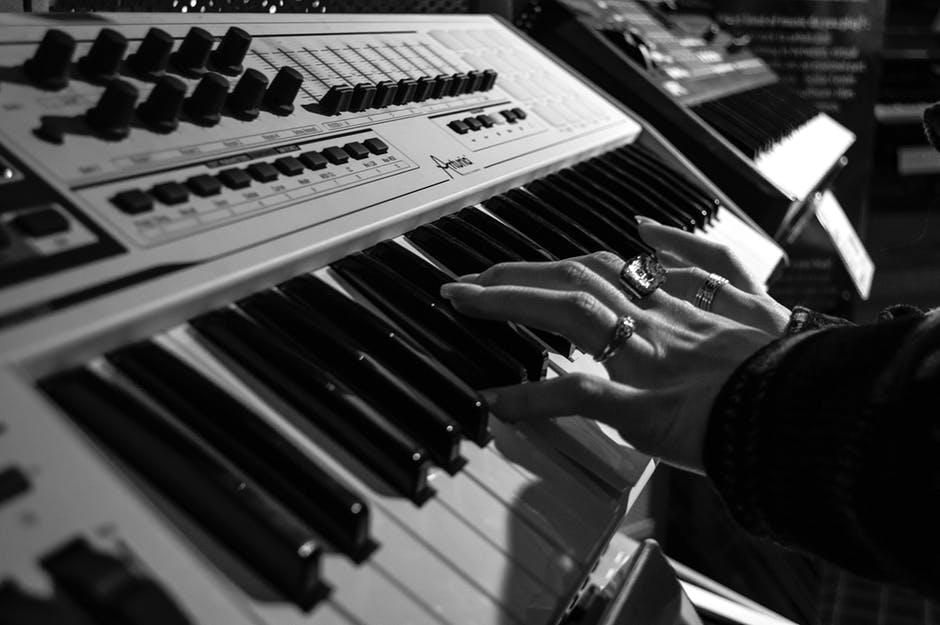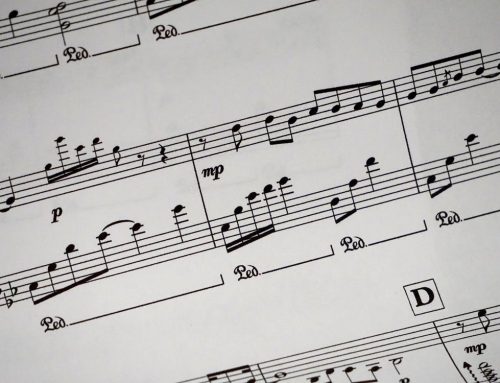“Feed the body food and drink, it will survive today. Feed the soul art and music, it will live forever” – Julie Andrews
Learning to play a musical instrument is a rewarding experience in a number of ways. In addition to providing an outlet to express our emotions and creativity, music teaches us discipline and gives us a healthy way to release stress. Music also provides a career path to those who persevere and become good at it.
Want to learn a musical instrument? That’s great!
However, every aspiring musician’s journey has to have a starting point, and that starting point isn’t always easy to find. There is a huge variety of musical instruments out there, each with its own qualities and drawbacks. This makes choosing the right one a challenge for beginners. Here are some of the easiest and most popular musical instruments that are perfect for beginners.
Electronic Keyboard
In addition to being very low maintenance, electronic keyboards are perhaps the most versatile of all musical instruments. Electronic keyboards have the ability to emulate the sound of a wide array of musical instruments and synthesizer tones. People often confuse keyboards with pianos. The main difference between them is that keyboards produce their sound electronically are, obviously, way more portable than pianos. Electronic keyboards are typically designed for beginners, home users and music hobbyists, and are also very popular with children.

Piano
Ask most musical experts and purists and they’ll tell you that the piano is the best musical instrument to begin playing with. Possessing a total of 88 keys, the piano is perhaps the most dynamic instrument there is. The piano is most people’s first instrument of choice because just playing it is a physical and mental workout on its own. Learning to play the piano enhances your memory, concentration and fine motor skills and also teaches you the value of perseverance, discipline and emotional expression.
Classical Guitar
The classical guitar is a wildly popular stringed instrument. It typically has 6 strings and its sound is produced acoustically through a combination of strumming/plucking and fretting the strings. Learning to play the guitar can help you develop social skills and is great for boosting confidence. And just like the majority of musical instruments, guitar playing can significantly improve your fine motor skills. Regularly practicing with your guitar can significantly improve your technique and strengthen your grasp of the music theory.

Regardless of what instrument you play, Music Jotter’s music notation and composition software can greatly enhance your learning experience! You can download our free demo here!






